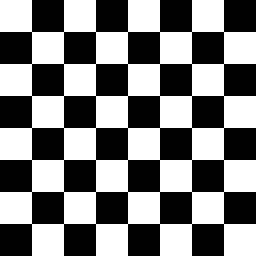maxflinn:
Ah, the old "everyone knows it's true, just look it up" argument
Not at all, yes everyone has a choice whether or not to believe or indeed trust what they see/hear/read etc, but i can't fathom why some people seem to ignore so much of the information that is readily available regarding the merits of hdmi cables?
The problem for me is that the information is contradictory, so I can't trust it. For example:
- it either works or it doesn't. But for longer lengths, it might not work perfectly - so what happened to it works or it doesn't?
- if there is a problem with longer lenghts, surely you can't discount that there might be a problem with shorter lengths too. Oh, it is not noticeable. If it is not noticebale, then there is still a problem, so what about that it works or it doesn't bit?
- how much error connection come into play? Assume I have a long HDMI cable, and may have a problem. But my Kuro is so fantastic at error correction that I don't notice it. But I didn't buy the Kuro to get 95% performance + 5% filled in, I want to get 100% performance! Using the above analogy, how does my Kuro know that it is 8x8=64. It could be 16x4, or 32x2. In fact, it could have received 8x2x? = 64 and is smart enough to correct that error and put a 4 somewhere in there.
This reminds me of what my friend told me about the Millenium Bridge in London. He was an intern at the engineering firm building the bridge, and according to their computers, the bridge is more than strong enough to handle all the predestrian traffic. Once they opened the bridge, everyone complained that it is swaying and therefore dangerous. Do you think that the engineering firm can retort by saying that according to all scientific facts, the bridge is built correctly, therefore the swaying is only in the mind?


